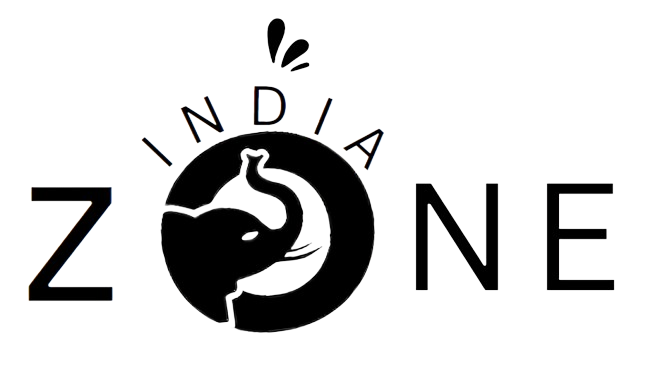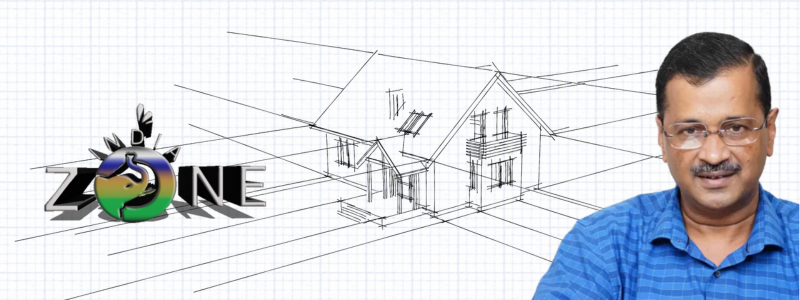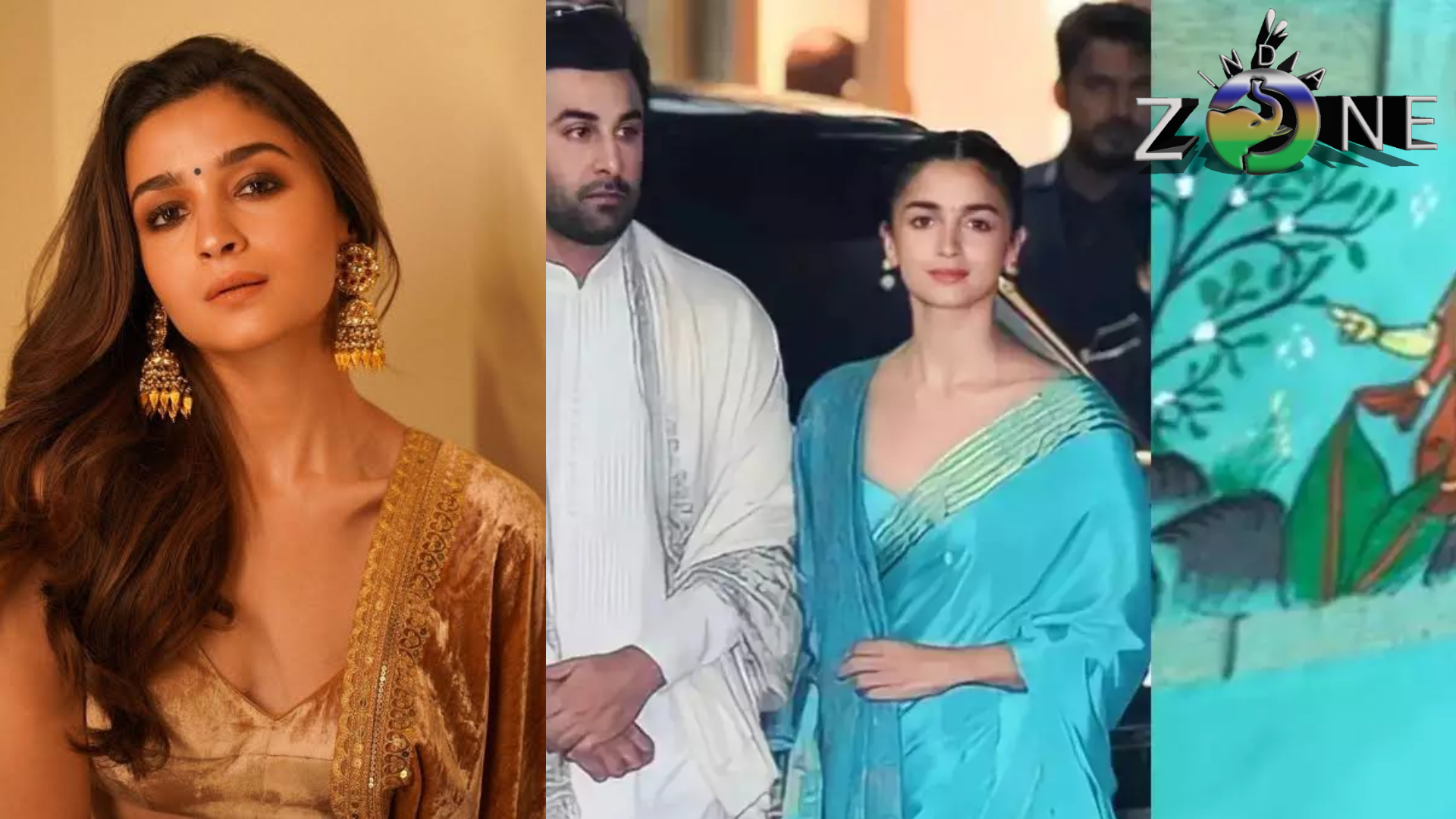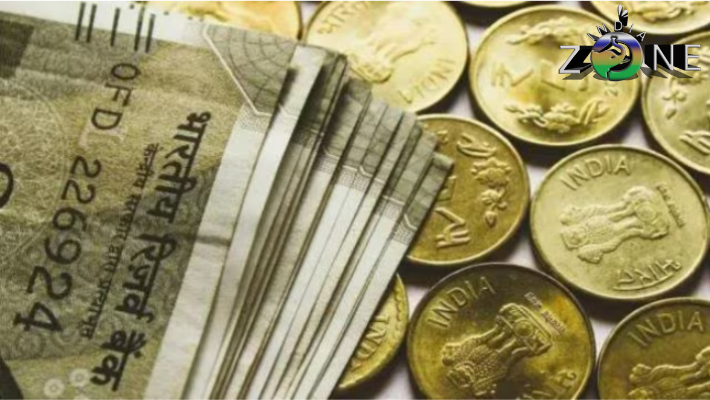
A message of hope and profound admiration was sent on a recent Friday by King Jigme Khesar Namgyel Wangchuck of Bhutan, who praised Prime Minister Narendra Modi’s leadership as “extraordinary and exemplary.” The emperor of Bhutan has given his support, and this is more than simply a ceremonial diplomatic gesture—rather, it is a profound recognition of the interwoven fates of India and Bhutan. The remarks made by King Wangchuck highlight a vision of India under Modi’s leadership that involves not just moving towards a bright future but also critically assuring the success of its neighbors, including Bhutan.
The King’s remarks demonstrate an appreciation of Modi’s ability to lead and the policies of his administration, which are regarded as revolutionary for the entire region as well as for India. The reference to a “bright future” under Modi’s leadership alludes to expectations of sustained economic expansion, technical improvement, and bolstering of India-Bhutan relations. This view, which holds that India’s growth and Bhutan’s well-being are intimately intertwined, implies that Bhutan will benefit from the greater neighbor’s wealth, stability, and technical advancement.
This viewpoint is based on the two nations’ long history of close diplomatic and economic relations, during which India has played a key role as a partner in Bhutan’s growth. The focus on a “successful India” paving the way for a “bright future for Bhutan” indicates a recognition of the intimate relationship between Bhutan’s destiny and the course of Indian politics, economy, and society under Modi’s direction. It alludes to a common future vision in which Bhutan’s development and modernization are closely impacted by developments in India.
Furthermore, King Wangchuck’s praise for Prime Minister Modi highlights how crucial good leadership is for navigating the challenges of the twenty-first century. It recognizes that Modi’s plans for India’s future and policies have an impact on the country internally as well as having a big chance of influencing the dynamics of the South Asian region. This mutual hope for a bright future highlights how important relations between India and Bhutan are to maintaining stability, harmony, and growth in the area.
The King of Bhutan’s praise for Prime Minister Modi essentially sums up a larger story of mutual respect, hope, and entwined futures. It is evidence of the robustness of the relationship between India and Bhutan as well as the critical role that visionary leadership has played in guiding both countries toward success and wealth.
A momentous event occurred in Thimphu, Bhutan on March 23, 2024, ushering in a new era in the diplomatic ties between India and Bhutan. King Jigme Khesar Namgyel Wangchuck awarded Prime Minister Narendra Modi the Order of the Druk Gyalpo, the highest civilian honor in Bhutan. This occasion demonstrated the special relationship that exists between the two adjacent nations in addition to signifying Bhutan’s profound regard and adoration for Prime Minister Modi. The fact that Modi is the first foreign leader to receive this esteemed award highlights the closeness and profundity of the connection between India and Bhutan as well as the personal contribution Modi has made to its development.
When presenting the award, King Jigme Khesar Namgyel Wangchuck praised Modi’s leadership abilities as “extraordinary and exemplary,” highlighting the essential characteristics of a great leader, including compassion, a commitment to serving the country, vision, capability, competence, and the use of power only for good. The King underlined that Modi had all of these attributes, guiding a nation that is home to 18% of the world’s population with a vision that not only guarantees a bright future for Bhutan but also for India. Under Modi’s leadership, the fortunes of India and Bhutan are inextricably linked, as seen by the monarch of Bhutan’s acknowledgement of the symbiotic tie between the two countries’ growth.
King Jigme Khesar Namgyel Wangchuck, who gave the award, hailed Modi’s leadership skills as “extraordinary and exemplary,” stressing the importance of compassion, a dedication to serving the nation, vision, capability, competence, and the use of power only for good. The King emphasized that Modi possessed all of these qualities, leading a country that hosts 18% of the world’s population with a vision that ensures a prosperous future for both India and Bhutan. As demonstrated by the Bhutanese monarch’s recognition of the mutually beneficial relationship between the two nations’ development, India and Bhutan have experienced a profoundly positive change in fortune under Modi’s leadership.
The talks and agreements made during Modi’s visit demonstrate how the relationship between India and Bhutan is dynamic and ever-changing. This relationship has endured over time because it is based on mutual respect, trust, and kindness. As the Ministry of External Affairs has noted, strategic cooperation exists in areas including renewable energy, agriculture, the environment, and tourism, all of which contribute to a common vision of a successful and sustainable future.
Essentially, Modi’s trip to Bhutan and the honors bestowed upon him there highlight a momentous phase in the two nations’ relationship. In addition to being a mark of respect for Modi personally, the Order of the Druk Gyalpo is a testament to the enduring and robust friendship that exists between Bhutan and India. It paves the way for future cooperation, utilizing the advantages of both countries to tackle shared issues and realize objectives in the years to come.
The meeting between Prime Minister Narendra Modi and King Jigme Khesar Namgyel Wangchuck during his visit to Thimphu is evidence of the unique and enduring friendship between Bhutan and India. In the course of this meeting, Modi conveyed his appreciation for the cordial welcome and recognized the important part the Druk Gyalpos lineage has played in fostering the friendship and collaboration that have traditionally characterized the two countries’ relationship. The Ministry of External Affairs (MEA) emphasized that Modi’s meeting with the King of Bhutan was an important opportunity to evaluate and expand the breadth of bilateral cooperation between India and Bhutan.
Thinking back to the enduring motto of “Bharat for Bhutan and Bhutan for Bharat,” Modi and the King engaged in conversations focused on strengthening their revolutionary alliance. The conversation delved into finding fresh approaches to supporting bilateral cooperation in a range of fields, including energy, youth and education, entrepreneurship, skill development, and developmental cooperation. They also discussed the development of connectivity and the search for new investment prospects, such as the ambitious Gelephu Mindfulness City project, which represents the creative spirit of collaboration between Bhutan and India.
In light of Bhutan’s ongoing border talks with China, the significance of these discussions and the reaffirmation of the special friendship between India and Bhutan take on even more significance. The robust basis of India-Bhutan relations, which are marked by mutual respect and a shared goal for regional peace and prosperity, is highlighted by the unambiguous articulation of mutual trust and understanding.
These themes were further emphasized during Modi’s meeting with Jigme Singye Wangchuck, the fourth King, during which he expressed gratitude to him for his visionary leadership and crucial role in bolstering India-Bhutan relations. They discussed a wide range of topics concerning bilateral relations and regional dynamics, emphasizing the unmatched degree of mutual understanding, trust, and goodwill that supports the alliance between the two nations, which is strengthened by strong people-to-people contacts.
When Modi accepted the Order of the Druk Gyalpo, he said something that perfectly captured the spirit of the connection between Bhutan and India: the peoples of the two countries have a long-standing friendship and admiration for one another. Modi highlighted that this special bond is based on the idea that one’s success is recognized by the other, exemplifying a strong sense of destiny shared and camaraderie. The idea that “Bharat” is ingrained in the hearts of the Bhutanese people reflects the strength of the emotional and cultural bonds that unite India and Bhutan; these ties go beyond formal diplomatic ties and are anchored in the people’s hearts and minds.
Modi’s visit to Bhutan strengthened the historical ties between the two nations and paved the way for future shared growth and prosperity, indicative of a partnership that continues to evolve in the face of regional and global challenges, through these interactions and expressions of mutual respect and cooperation.
During Prime Minister Narendra Modi’s visit, the King of Bhutan expressed with great respect and unity how much Bhutan values Modi’s leadership and the long-lasting relationship between India and Bhutan. The King’s recognition of Modi’s visit as an important show of friendship and support highlights the close ties that bind the two countries. It’s an expression of mutual respect and understanding that goes beyond just diplomatic ties to become a true partnership and show unity.
The King’s words highlight the inherent emphasis that Bhutan places on its surroundings, especially its ties with India. This alliance, which has been called exceptional and tried-and-true, is praised for its rich historical background as well as the reciprocal advantages and joint accomplishments that have defined the working relationship over the years. Bhutan’s happiness at India’s rise to prominence in the world is entwined with an understanding that India’s accomplishments benefit the security and well-being of the region, which includes Bhutan. This opinion reflects a wider notion of regional interconnectivity, which holds that a country’s successes benefit its neighbors.
The conferment of the Order of the Druk Gyalpo on Prime Minister Modi is emblematic of Bhutan’s gratitude towards India, acknowledging the countries’ close unity and the multifaceted support India has provided. This award signifies more than a ceremonial honor; it represents a heartfelt appreciation for India’s role as a steadfast ally and friend, particularly highlighted during challenging times such as the Covid-19 pandemic. The King specifically noted India’s critical assistance in providing vaccines to Bhutan, a gesture of solidarity that underscored the depth of the India-Bhutan friendship.
The citation that comes with the prize captures Modi’s influence on a regional, global, and national level. It hails him as a revolutionary leader who has propelled India into a new phase of economic expansion and technical advancement, establishing the country as a major actor on the global scene. India’s emphasis on sustainable development, demonstrated by its renewable energy programs, is a prime example of a comprehensive and forward-thinking strategy for advancement under Modi’s leadership. The reference also emphasizes Modi’s “Neighbourhood First” policy as a driving force behind bolstering South Asian relations and supporting the progress of the region as a whole.
A major advancement in the bilateral relationship was also made during this historic visit with the signing of numerous memorandums of understanding and agreements in vital sectors like energy, trade, digital connectivity, space, agriculture, and the construction of rail links. Modi’s hospital inauguration highlights the real results of this collaboration, improving people’s lives and strengthening ties between the two nations.
Essentially, what the King of Bhutan said and the fact that Prime Minister Modi received the esteemed award show a great deal of mutual respect as well as a common outlook for the future. It highlights the robust India-Bhutan relations, which are based on mutual trust, collaboration, and a strong sense of regional kinship and are well-positioned for future mutual prosperity and group progress.












